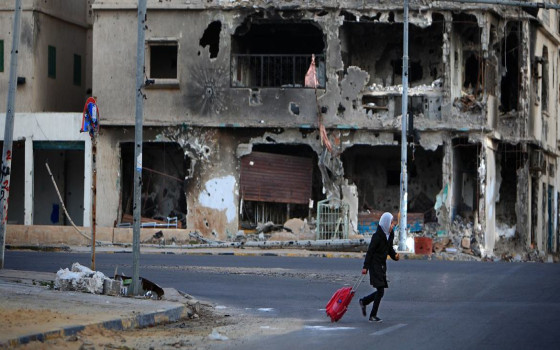
United Nations: 676 million women and girls are close to deadly conflicts. They are working to reduce community violence and mobilize for peace in many regions, including Yemen and Sudan. The situation is dire in Gaza.

- Europe and Arabs
- Tuesday , 7 October 2025 6:30 AM GMT
New York - Khartoum - Sana'a: Europe and the Arabs
Despite the horrors of war and conflict, women continue to build peace. They work to reduce community violence and mobilize for peace in many regions, including Yemen, Sudan, and the Democratic Republic of the Congo. This was emphasized by UN Women Executive Director Sima Bahous during her speech at the Security Council's annual open debate on women, peace, and security, which this year coincides with the 25th anniversary of Security Council Resolution 1325. According to the UN Daily News Bulletin, a copy of which we received Tuesday morning,
At the session, UN Secretary-General António Guterres warned of the decline in women's gains in peace processes around the world, stressing that women's leadership remains the cornerstone of achieving lasting peace. Sima Bahous called for ending violence against women and renewing the global commitment to the women, peace, and security agenda.
Reviewing the Secretary-General's annual report on women, peace, and security, Sima Bahous described Resolution 1325 as "an achievement born of the conviction that peace is stronger and security is more durable when women are present at the negotiating table." She continued, "We made a promise to them 25 years ago. It's time to deliver. When women lead, peace follows."
However, Sima Bahous points out that the record of the past 25 years has been mixed: Bold and impressive commitments have often been followed by weak implementation and a chronic lack of investment. Today, 676 million women and girls live in close proximity to deadly conflicts, the highest number since the 1990s. Sexual violence has risen, with documented incidents against girls increasing by 35 percent.
Bahous emphasized that this anniversary should not be just a celebration, noting that women and girls living through conflict deserve more than just a commemoration. She emphasized the importance of "this moment being an opportunity to refocus, renew commitment, and ensure that the next 25 years achieve greater achievements than the past."
A shared belief between women and men
The UN official said that belief in the fundamental principles of Resolution 1325 is a shared belief among women and men everywhere. She warned that the trends documented in the Secretary-General's report should be a cause for concern. She continued, "It is understandable that some might conclude that the rise and normalization of misogyny, which is poisoning our politics and currently fueling conflict, is unstoppable. This is not true. Those who oppose equality do not own the future; we do."
Women and Girls of Gaza
Addressing the situation in Gaza, Sima Bahous said, "As we meet to discuss the women, peace, and security agenda, the dire situation in the Middle East, particularly for women and girls, remains at the forefront of our minds and hearts."
She noted the glimmers of hope she said were emerging two years after the devastating Gaza war. She joined the UN Secretary-General in welcoming the positive responses to US President Donald Trump's proposal to end the Gaza war, implement an immediate and permanent ceasefire, secure the unconditional release of all hostages, and guarantee unhindered humanitarian access.
She expressed hope that this would lead to a just and lasting peace for both Palestinians and Israelis, where all women and girls live with dignity, security, and opportunity. Despite the setbacks over the past quarter century, the Secretary-General's report on women, peace, and security affirms that progress is possible, noting that more than 100 countries have adopted national action plans and that women have transformed mediation and reconciliation efforts. UN peacekeeping operations have doubled the number of women in service, and gender provisions in peace agreements are becoming more common.
But Secretary-General António Guterres warns that these gains are fragile, and more alarming, they are reversing. Around the world, we see alarming trends in military spending, more armed conflict, and more shocking brutality against women and girls.
In Afghanistan, according to the Secretary-General, the systematic erasure of women and girls from public life is accelerating—with horrific restrictions on access to education, employment, healthcare, and justice—and a surge in sexual violence and maternal mortality. In the occupied Palestinian territory, Sudan, Haiti, Myanmar, and elsewhere, women and girls face grave risks and horrific levels of violence. Women's Organizations Denied Funding
While women's organizations remain a lifeline for millions of people in crises, they are being deprived of resources, the Secretary-General told the Security Council, citing a survey conducted by UN Women just a few months ago in which 90 percent of women-led local groups in conflict zones reported financial hardship. Nearly half of these groups expected to close within six months.
Six Key Points
In concluding her remarks, Ms. Sima Bahous emphasized six key priorities. First, take positive action to ensure women have their rightful place at the peacemaking table and support them as soldiers, peacebuilders, and human rights defenders.
Second, measure the success of the agenda by the number of women directly involved in peace and security processes and by the relief they receive (justice, reparations, services).
Third, end violence against women and girls, address new forms of technology-enabled violence, and counter harmful narratives online and offline.
Fourth, end impunity for crimes against women, respect international law, and silence the guns to ensure peace prevails.
Fifth, embedding the women, peace, and security agenda more deeply into the hearts and minds of ordinary people, especially young people and girls.
Sixth, fully implementing Resolution 1325 in all contexts. Why Resolution 1325?
This landmark resolution, adopted in 2000, addresses the protection of women and girls, the need to improve women's representation in peace processes, and their appreciation as an effective and decisive factor in peace. It was adopted:
Recognizing the important role of women and their impact on peace and security issues,
With the aim of reducing the impact of conflict on them and violence against them in times of peace and war,
And responding to the need for an international framework to protect women from violence before, during, and after armed conflict.
To encourage states to take specific actions to strengthen the foundations of peace and security,
This is achieved by integrating a gender perspective and women's issues into conflict prevention, peacebuilding, and stabilization processes.


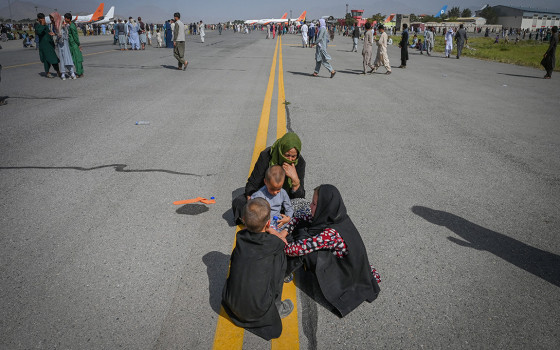
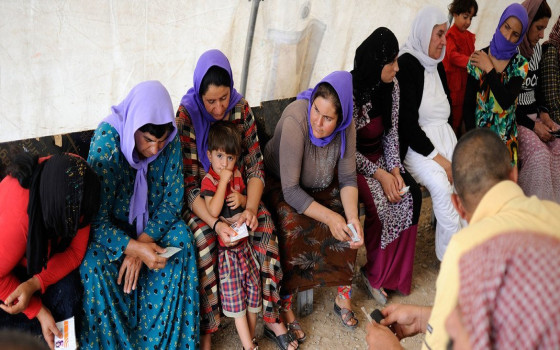
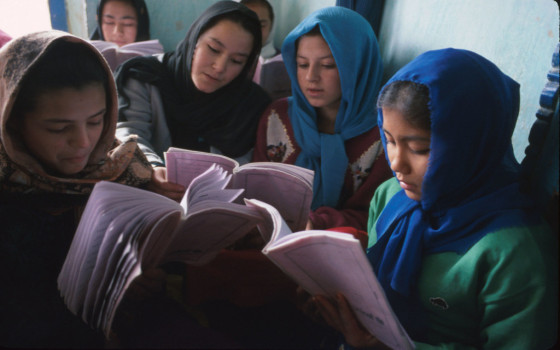
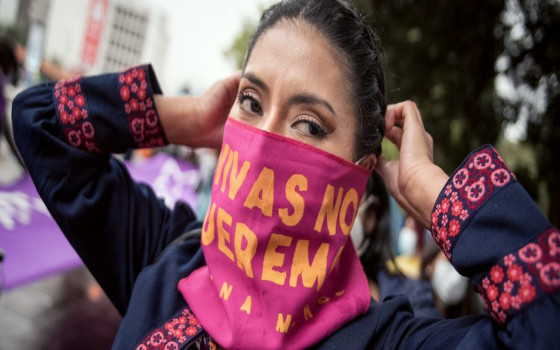
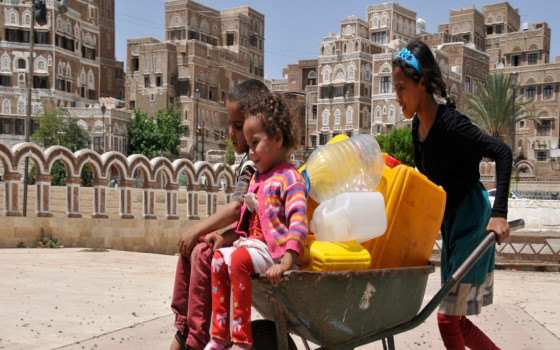
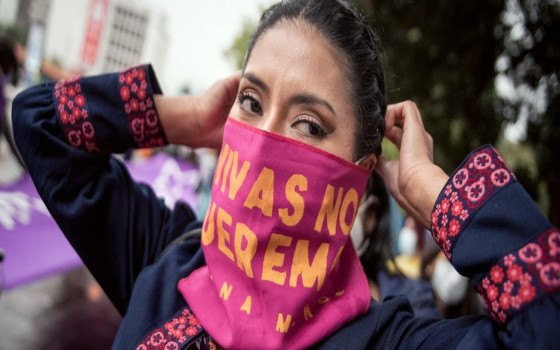
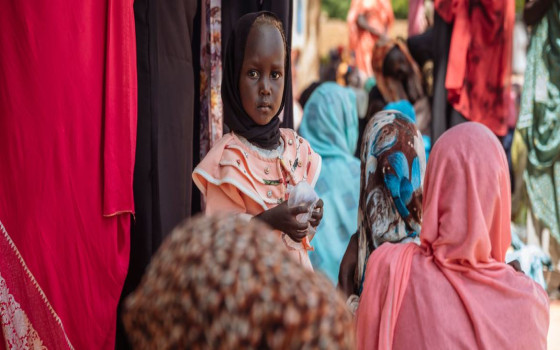
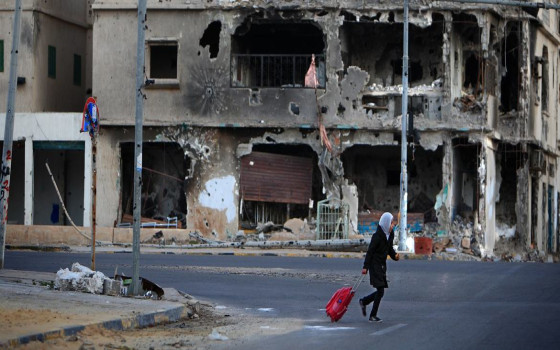
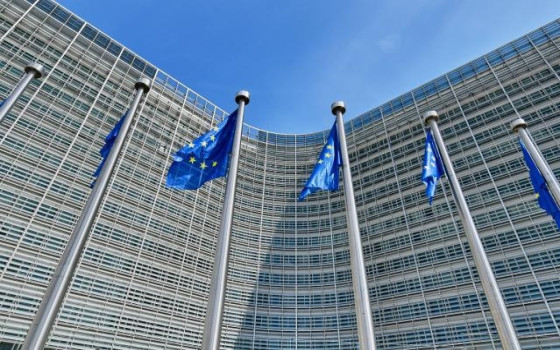
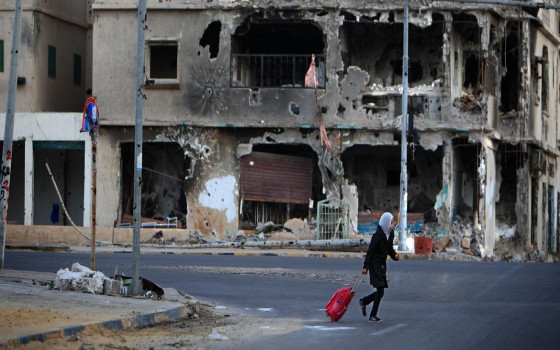
No Comments Found